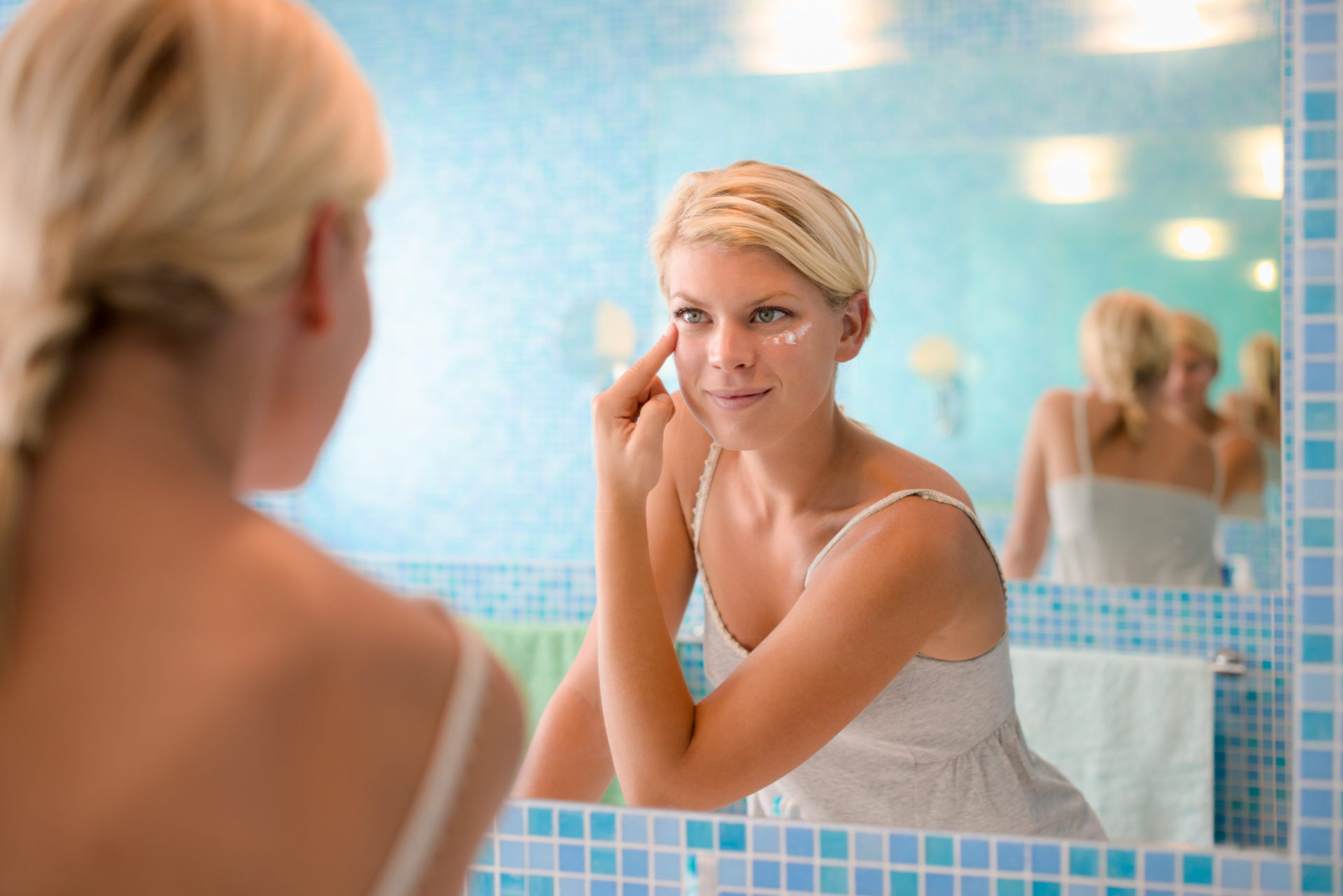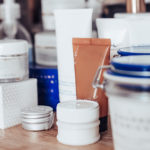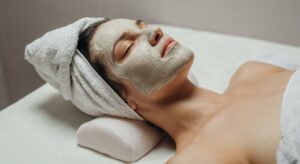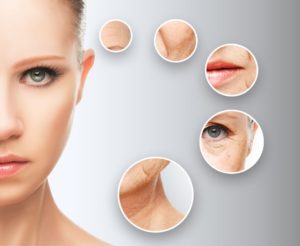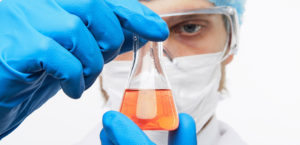Hyaluronic Acid is the most hyped skincare ingredient in the beauty industry. From cleansers to night creams, the magic component is everywhere. It is the most trusted ingredient recommended by bloggers and beauty experts. So, let’s get to know what it is and what it does to your skin.
This article has all the answers to your curious questions about Hyaluronic Acid.
What is Hyaluronic Acid?
Though the word “Acid” sounds scary for the skin but don’t worry; it doesn’t burn. On the contrary, it has many skin-improving benefits, including lasting moisture!
Hyaluronic Acid is a substance that occurs naturally in your body, particularly in bones, cartilage, eyes, tendons, and skin.
It is a carbohydrate molecule that provides lubrication to bones and skin connective tissues. Therefore, it is necessary to maintain the overall health of the dermis.
As you age, your body’s stores of hyaluronic acid decline. Environmental factors including smoking and pollution accelerate the process.
The topical application of Hyaluronic Acid helps to rebuild the depleted stores.
Potential Benefits
-
Hydration
Hyaluronic Acid provides long-lasting hydration. It is a big drink of water for your skin. You can consider a humectant a sponge. It draws water from deeper layers of skin and environment to the epidermis. Hyaluronic continues to attract moisture and hold on to it. Thus, preventing skin dryness.
-
Lipid Barrier Improvement
Our skin is the largest organ of our body, and its primary purpose is to protect all the internal organs, muscles, and bones from environmental toxins.
Harmful toxins damage the epidermis. The natural aging process weakens the lipid barrier in the outermost layer of skin. Ultraviolet rays, environmental pollution, and poor lifestyle contribute to skin barrier damage. It results in fine lines, wrinkles, dark spots, and dry skin.
Hyaluronic Acid nourishes the natural skin barrier and helps retain moisture. It also slows down the lipid deterioration in the dermal layer.
-
Increase Elasticity
Hyaluronic Acid improves and protects the skin’s lipid barrier, and it becomes able to defend itself against environmental pollutants.
Harsh chemicals present in skincare products also damage the lipid barrier. People with oily or acne-prone skin use chemical-based skin care products to control oil production, significantly destroying the protective barrier.
Hyaluronic Acid controls the excess production of oil and provides the necessary moisture. As a result, it increases skin elasticity and fades wrinkles.
-
Cell Regeneration
It increases the cell turnover and replaces the old cells with new and healthy cells. So when your skin is not fighting for hydration, it will improve its regeneration system.
The area around your eyes is the most sensitive and prone to wrinkles and fine lines. Eye cream rich in hyaluronic Acid prevents the occurrence of eye bags, dark circles, and wrinkles.
-
Evens out Skin Tone
When your skin regeneration system is improved, there is no chance for older cells to make you look dull. They are constantly replaced with plumped cells. It leads you to have a vibrant complexion.
-
Hyperpigmentation
As is already mentioned that hyaluronic Acid increases cell turnover. It clears the pigmented cells and age spots. When hyaluronic Acid gets combined with vitamin C in a skincare product, it does wonders for your skin.
-
Skin Clarity
Every skin type needs moisturization, including oily skin. Hyaluronic Acid controls the excess production of sebum and protects oily skin against bacterial invasions. In addition, it clears pores from the depth. Ultimately you will experience the lesser breakouts.
The Bottom Line
Hyaluronic Acid is generally safe for all. It doesn’t typically cause any allergic reaction. Try 100% hyaluronic acid Serum by James Christian Cosmetics. Its pure formula hydrates your skin, fades wrinkles, fine lines, and plumps up your complexion.
*Information in this article is not medical advice and may not be factually accurate. It is intended for entertainment purposes only. Consult with a physician before attempting any tips in this blog post and to get the most up to date factual data about any procedure or treatment.

